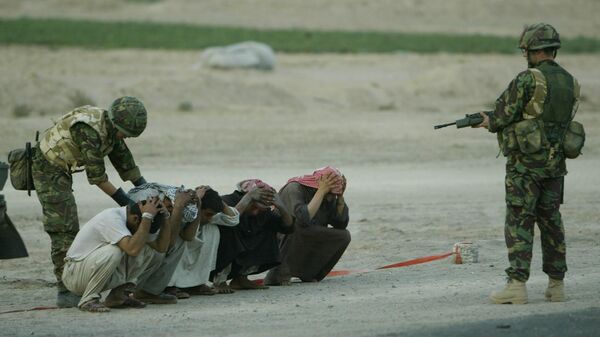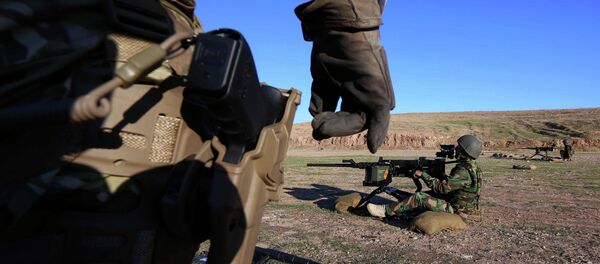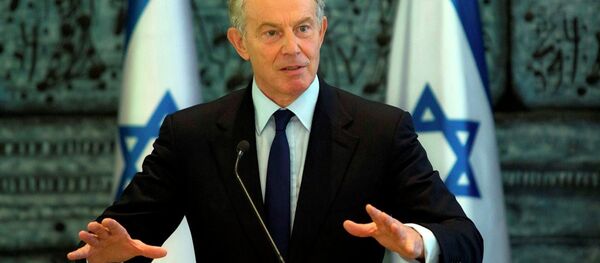The central issues in the run up to the invasion were Iraq’s alleged ownership of weapons of mass destruction and the pressure for regime change to topple the Ba'athist government of President Saddam Hussein.
The issue caused a massive demonstration against invasion in the UK and Blair has faced continuing criticism over the decision to go to war — and whether he had received advice that it was illegal.
Finally, in 2009, his successor as Prime Minister, Gordon Brown, ordered an inquiry into the run-up to the invasion, under Sir John Chilcot.
The inquiry heard evidence from 2009 until 2011, but has yet to report – a subject of deep controversy, with allegations of a cover-up. All participants in the inquiry – government officials and politicians have been given the chance to pre-read the judgement of the inquiry and respond to any criticism. However, many believe the process has gone on too long and the report should be published.
Missing Weapons
While it had been largely expected that Blair would shoulder much of the criticism, it has emerged that a wider group of people have been criticized in the report – adding to the delay in its publication.
Straw maintained that to go to war for reasons of regime change alone was illegal, but backed the government because Hussein was capable of using weapons of mass destruction, none of which were ever found.
However, the Attorney General at the time, Lord Goldsmith is believed to have said any invasion without a clear UN mandate would be illegal and claimed he had told Straw so in a telephone conversation.
He said: “The Government must not, however, fall into the trap of believing that it was in a position to take action which it could not take. Nor must [the UK Government] promise the US Government that it can do things which the Attorney considers to be unlawful," a note of their conversation reads.
However, in the Butler Report, which investigated the background intelligence, concluded that: "We detected a tendency for assessments to be colored by over-reaction to previous errors. As a result, there was a risk of over-cautious or worst case estimates, shorn of their caveats, becoming the ‘prevailing wisdom’. The JIC may, in some assessments, also have misread the nature of Iraqi governmental and social structures."
Others facing criticism are Geoff Hoon, the former defense secretary and Care Short, the former international development secretary.
As delays to the publication of the Chilcot report continue, it appears it’s not only Tony Blair who is in the firing line, but his acolytes too.







